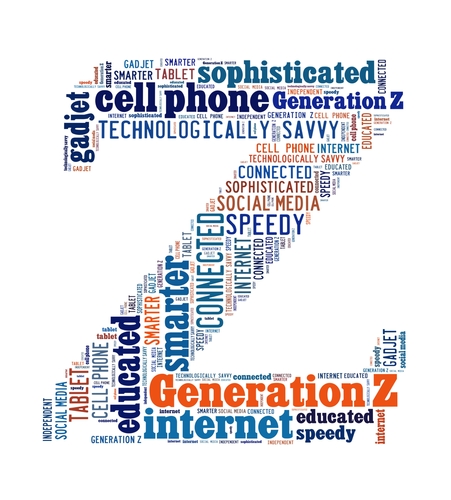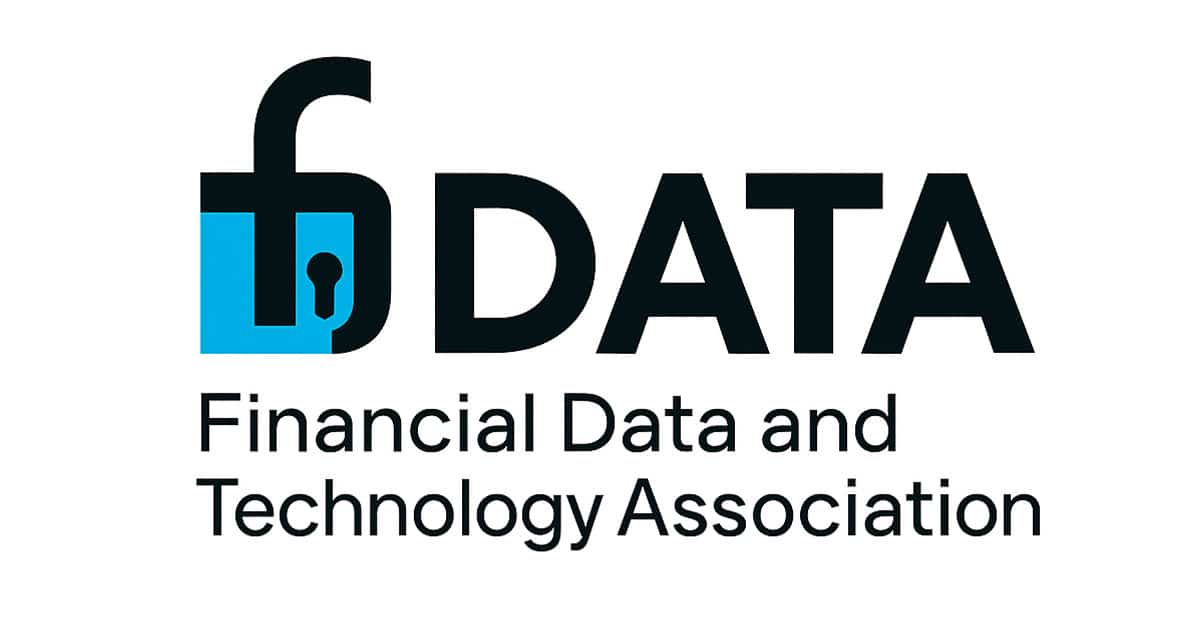A number of distinct generations work side-by-side in today’s American workforce, and now another generation is getting ready to join the ranks. Traditionalists, Baby Boomers, Generation X and Millennials each offer different challenges, strengths and work styles—and this new generation, Gen Z, is no exception. For a company to succeed, these generations all must coexist productively.
The key to working with a multigenerational workforce is understanding the needs and expectations of each generation and leveraging the combined potential of the group. While each generation has its differences, they all have one thing in common: they want to feel that their experience, knowledge and skills are valued and respected.
Now, Gen Z—those born after 1995—is the newest generation to enter the workforce, and the other generations already have their own preconceived notions about the members of this generation. Here’s what you really need to know about Gen Z to effectively recruit, onboard, engage and retain this fresh new talent entering the workforce.
They are the first digitally-native generation in the workforce
This generation knows know how to use technology as a resourceful tool, and they have become adept and self-directed researchers. In fact, according to a report conducted by Sparks & Honey, 52% use YouTube or social media for typical research assignments, and 33% watch lessons online—which will be useful when determining the best mediums for professional development lessons within the company.
Firms may consider leveraging their Gen Z employees for their technology prowess. Thanks to the latest advancements in technology, many traditional accounting roles have evolved and your Gen Z employees can help you stay on top of emerging technologies and integrate them to the firm.
Digitally obsessed, Gen Zers multitask across at least five screens daily and spend 41% of their time outside of school with computers or mobile devices, compared to 22% of Millennials 10 years ago. Because they are always connected, Gen Z may prefer to complete assignments in the early morning or late at night and could benefit from flexible work hours.
Less interested in higher education, Gen Z strives to be their own boss
Gen Z is also challenging the meaning of “success” in today’s workplace. They’ve witnessed the student debt struggles of Millennials and learned that traditional choices don’t guarantee success. Resolved to do things differently, only 64% of Gen Z is contemplating an advanced degree, compared to 71% of Millennials.
That’s also not to say that Gen Z lacks ambition—they are actually quite entrepreneurial. In fact, 72% of today’s high school students want to start their own business. Compared to Millennials, that makes Gen Z 55% more likely to want to start their own business.
Already working toward their goals, 16% of school aged students work at least one hour a week and 4% have an internship. More loyal than most of their predecessors, Gen Zers are willing to initially take on internships or unpaid learning opportunities to achieve long-term professional development.
But they are passionate about making an impact
60% of Gen Zers want to have an impact on the world, compared to just 39% of Millennials. In fact, social entrepreneurship is one of the most popular career choices for this generation.
Given their social entrepreneurial spirit, Gen Z may be willing to forego a higher salary to work for a firm that places a strong emphasis on social responsibility. If not already doing so, firms should consider offering volunteer and social responsibility opportunities, including paid volunteer days, to help attract this new generation of talent.
They value workplace collaboration
There is a myth that Gen Zers are only interested in working with their peers, and don’t like working with authority figures. On the contrary, Gen Z’s widespread use of social media as both a networking and research tool shows they have a keen understanding of the importance of collaborative relationships, which can easily be implemented in the workplace. In addition, Gen Zers have been educated in a world of mainstream diversity, and they are therefore strong team players and value togetherness and acceptance of each other’s differences.
Gen Z is always connected, and their knowledge of trending news can help bring an innovative and fresh perspective to a firm that the older generation accountants may benefit from. Many older generations mistakenly believe that Gen Z prefers to tackle assignments on their own, and while it’s true that they are very project-oriented and capable of working independently, they value extensive feedback and advice from their superiors. To help retain Gen Z talent, firms should consider revamping their performance management program to include ongoing informal feedback rather than only annually formal reviews.
The introduction of Gen Z to the workplace brings a fresh set of hard-working and ambitious talent that are eager to learn and grow professionally. It’s important to consider the differing values and characteristics of this generation to maximize their role within your firm and help them successfully navigate your multigenerational workforce.
———-
As senior vice president of Accounting Principals, Kathy Gans is responsible for directing and overseeing the West region for several professional specialty staffing brands including Accounting Principals, Ajilon Professional Staffing, Parker & Lynch and Paladin Staffing.
Thanks for reading CPA Practice Advisor!
Subscribe Already registered? Log In
Need more information? Read the FAQs
Tags: Firm Management, Staffing




